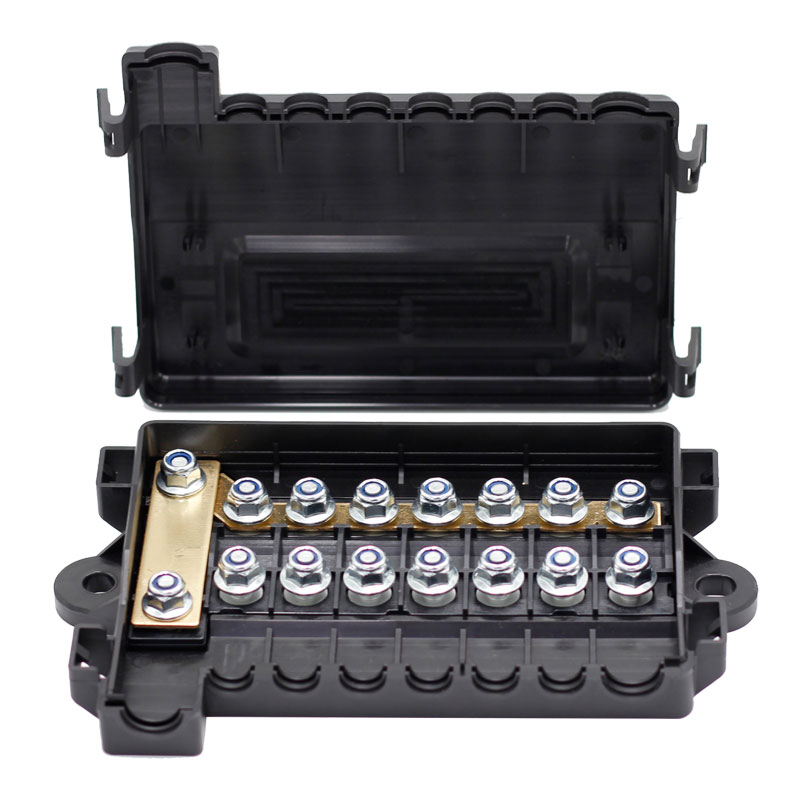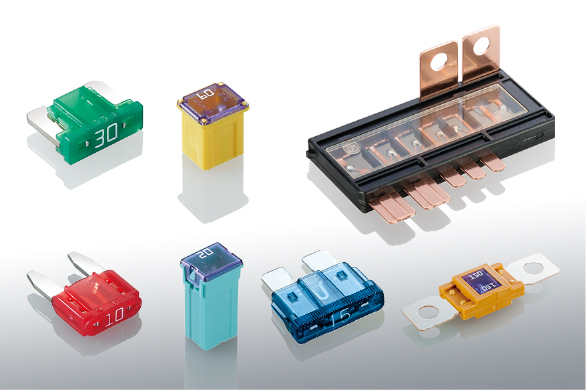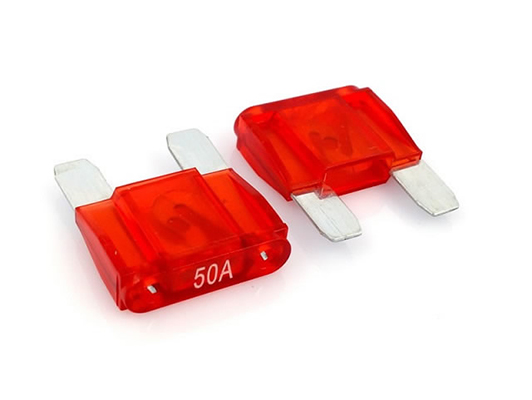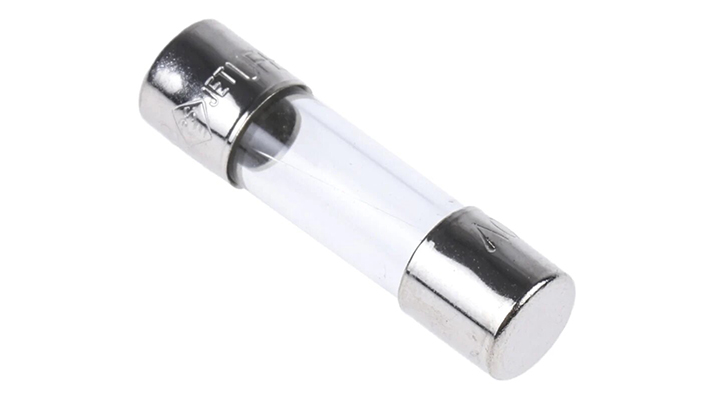Comprehensive Guide to Cleaning Corrosion from Car Fuse Holder Terminals
News 2025-10-20
Corrosion on car fuse holder terminals is a frequent challenge in automotive care, often stemming from environmental factors like moisture, salt exposure, and temperature changes. This issue can disrupt electrical flow, leading to problems such as fuse failures or unreliable connections. In real-world applications, such as vehicles operated in coastal or wintery conditions, addressing corrosion promptly enhances system reliability and safety. By restoring clean contacts, you gain a performance edge, including better energy transfer and reduced risk of shorts or fires, making regular maintenance essential for longevity.

Identifying Corrosion Early
To tackle corrosion effectively, first recognize its signs. Visual indicators include discoloration, such as green or white residues, pitting on metal surfaces, or a flaky coating around terminals. Functionally, you might experience dimming lights, intermittent power loss, or blown fuses. In scenarios like routine inspections or after driving in rainy conditions, using tools like a multimeter to measure resistance helps confirm issues. Early detection in these contexts prevents escalation, ensuring the fuse holder’s performance remains optimal and avoiding costly repairs.
Step-by-Step Cleaning Methods
Begin the cleaning process by ensuring safety: disconnect the battery and remove the fuse holder. Use a soft brush to dislodge loose debris, then apply a specialized corrosion remover or a baking soda paste to neutralize acids. Gently scrub with a non-metallic tool to avoid scratching, rinse thoroughly with distilled water, and dry completely with compressed air or a cloth. Reinstall and test the circuit. This approach, suited for home mechanics or professional settings, highlights performance benefits like improved conductivity and extended component life, crucial for high-demand applications such as electric vehicles or heavy-duty trucks.
Frequently Asked Questions
1. What causes corrosion in fuse holders?
Corrosion results from exposure to moisture, salt, and oxygen, accelerating metal oxidation in humid or salty environments.
2. Can I use regular tools for cleaning?
While basic tools work, automotive-specific brushes and cleaners prevent damage and ensure better results for long-term reliability.
3. How can I prevent future corrosion?
Apply dielectric grease after cleaning and store the vehicle in a dry area to minimize exposure to elements that cause buildup.


